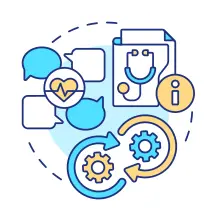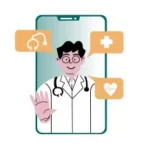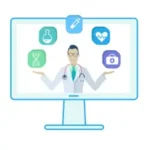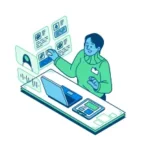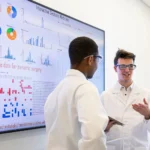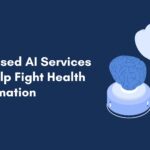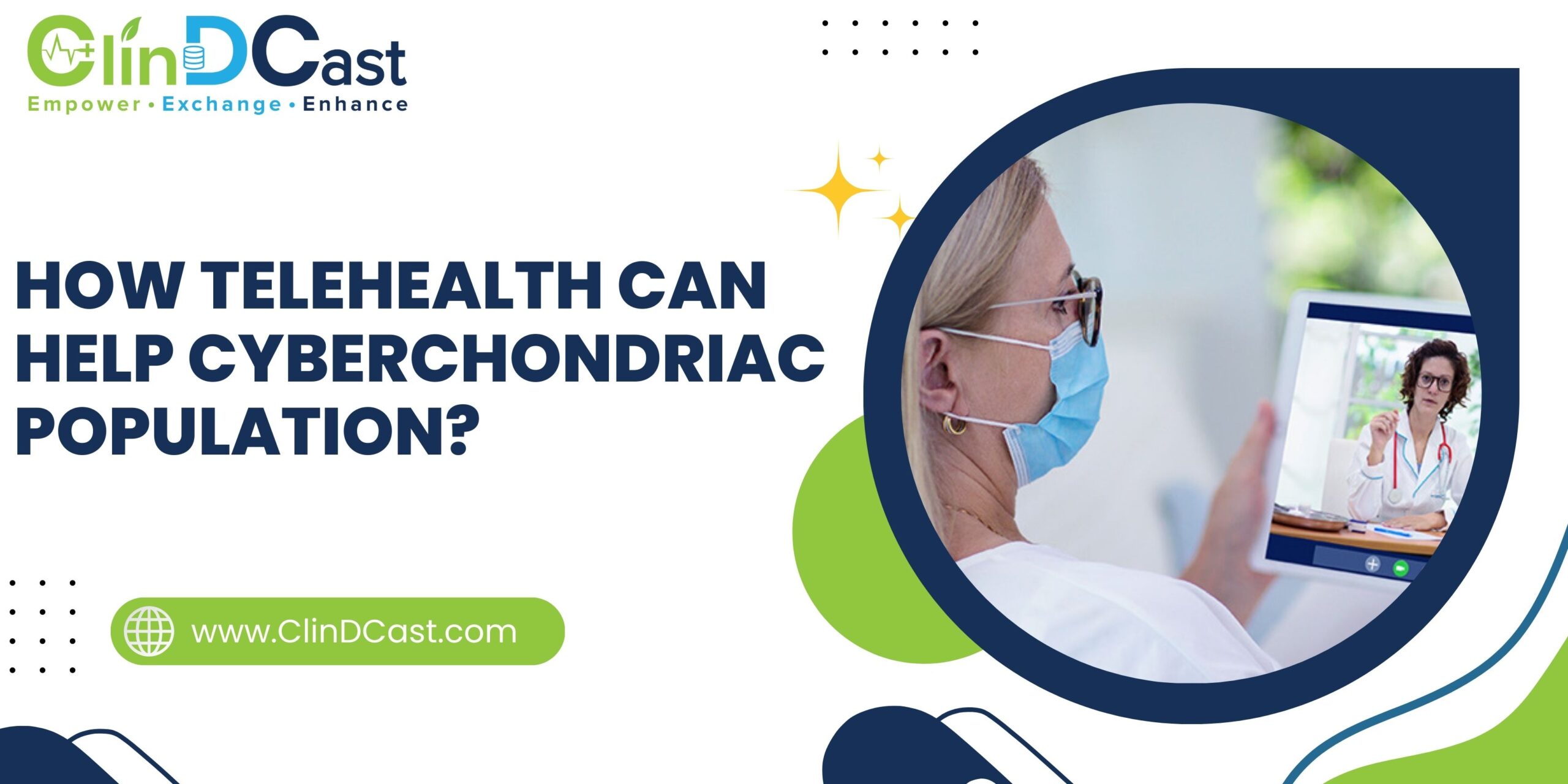
Artificial intelligence (AI) has garnered significant attention for its potential to revolutionize various industries, including healthcare. However, a recent study has highlighted some of the challenges associated with integrating AI, particularly in emergency room (ER) settings. Lead researcher Dr. Thomas Heston, an associate professor at Washington State University’s Elson S. Floyd College of Medicine, conducted a study focusing on the performance of OpenAI’s ChatGPT program in assessing patients with chest pain.
Published in the esteemed journal PLOS One, the study revealed intriguing insights into ChatGPT’s capabilities and limitations. When presented with simulated cases of patients experiencing chest pain, ChatGPT displayed a notable inconsistency in its assessments. Despite the hope that AI could offer valuable insights and support in medical emergencies, ChatGPT often returned varying heart risk assessments for identical patient data, ranging from low to high risk.
Dr. Heston and his research team conducted a comprehensive analysis comparing ChatGPT’s performance with traditional methods employed by healthcare professionals to assess heart risk, such as the TIMI and HEART scales. Through extensive simulations using thousands of cases, they observed that ChatGPT frequently disagreed with both itself and the fixed scores provided by the established scales.
The inconsistency observed in ChatGPT’s assessments can be attributed to the inherent randomness embedded within its software architecture, designed to mimic natural language processing. However, in healthcare scenarios where precision and consistency are paramount, this unpredictability presents a significant challenge.
Despite these initial setbacks, Dr. Heston remains optimistic about the potential role of AI in emergency medicine. While acknowledging the current limitations, he emphasizes the value of AI in complementing existing healthcare practices. In particular, Dr. Heston envisions AI as a valuable tool for rapidly summarizing a patient’s medical history or offering differential diagnoses in complex cases.
For instance, AI could assist healthcare professionals by providing a range of possible diagnoses along with the supporting rationale for each option. This approach could facilitate more informed decision-making and streamline the diagnostic process, ultimately leading to improved patient outcomes.
Although AI like ChatGPT may not yet be ready to supplant traditional methods of assessing heart risk in the ER, Dr. Heston underscores the importance of ongoing research and development in this field. With continued refinement and innovation, AI holds the promise of enhancing emergency medical care, optimizing resource allocation, and ultimately saving lives.
In conclusion, while AI presents exciting opportunities for transforming healthcare delivery, it is essential to recognize and address its current limitations. By addressing challenges such as inconsistency and randomness, researchers can unlock the full potential of AI in revolutionizing emergency medicine and improving patient care on a global scale, You can read more about Study Suggests AI is Unlikely to Replace ER Doctors Anytime Soon at https://www.usnews.com/news/health-news/articles/2024-05-02/ai-wont-replace-er-doctors-anytime-soon-study (main news source)

